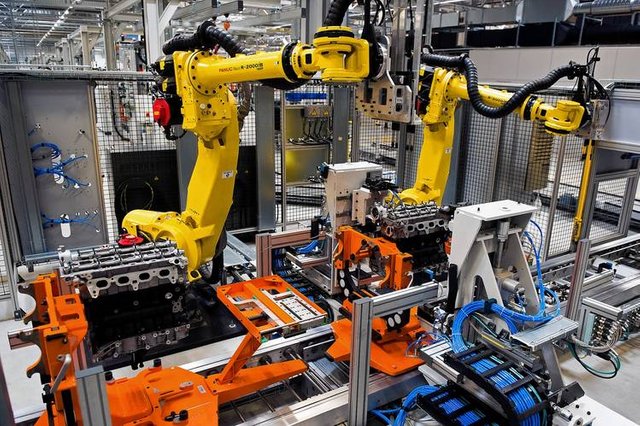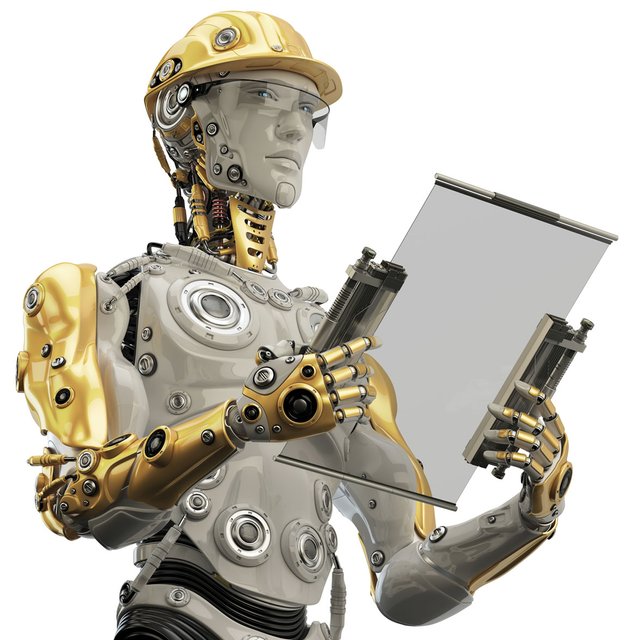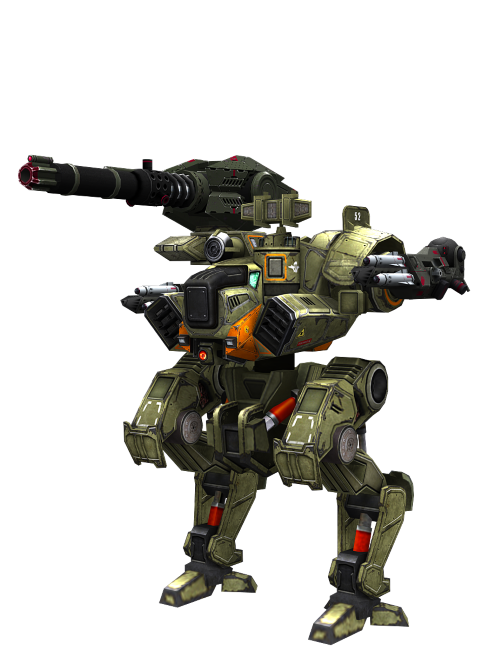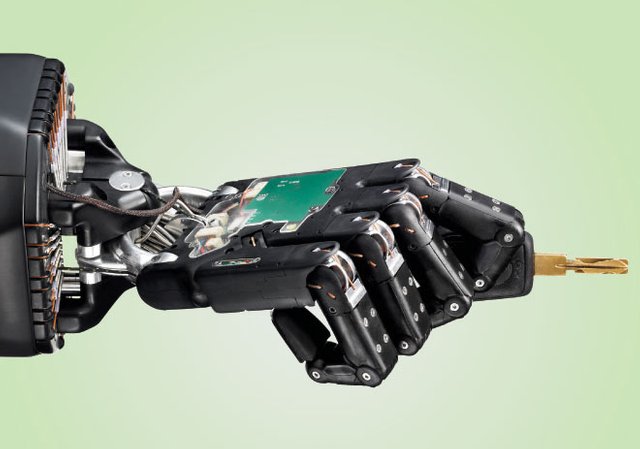ROBOTS AS AN INVESTMENT, ENTERTAINER, HELPER AND INCOME GENERATOR.
Robotic technology is nothing new. There have been stories around for centuries about humanoids and robots. Recent technological advances have more than a few scratching their heads wondering that they will think up of next. The answer is not really simple. There is really no way to know. Just 60 years ago no one would believe that robots would replace humans in the workplace. However, many companies use them today for a multitude of purposes.
When the first robot was introduced during the 1939,s world fair, many were curious but skeptical that this type of machine would ever be practical. When the first functional robot debuted in 1948, some began to explore the possibilities. In 1961 the robot replaced the first wave of human workers in a car manufacturing plant. Robotics continued to evolve until they became fully autonomous as they are today.


Cars are now using robotics to improve the quality of life. Power windows and locks, push button and remote starts are just a few instances where robots are used. Some robotic advances help reduce the harm that has been done to the planet in the past; for example electric and hybrid cars along with newer airplane motors reduce carbon footprint that older models use to leave.

Many industries are use robotic technology. Manufacturing plants use robots to do the work of humans to increase production and profits. Medical examples of robotic technology are laparoscopic surgery and X-ray diagnostics. pecemakers that regulate the heart are another way robotics in health care works. Movies use robots in many ways from production to even characters. People use robots in their home to clean and entertain. With the newly introduced fully autonomous robot like ASIMO robots may soon be used as maids, butlers, or even caregivers.
Many people build, compete, fight and play with robots. Around the world there are competitions like IGVC and AUSVI that challenge college students to build and compete with robotic vehicles. Others build bots to fight in competitions called bot wars. Children have a slew of choices in robotic toys like Alphie and remote controlled cars. It is no longer just Rock'emstock'em robots. More choices become available every day. Others use robots to find defects in buildings and to diffuse bombs.
Below are the ASIMO robots




Robots are capable of many things today. As technology advances so will robotics. Robots are no longer just fiction. They have been in use since 1948 and will not disappear any time soon. Will they eventually be capable of things like movies such as AI: Artificial Intelligence, I Robot, and the stepfford wives? No answer is available as of right now, but maybe just maybe. One thing is certain: the robot will continue to evolve as technology advances; people always want a simpler way of doing things.
It should be pointed out that robots are guided/semi-guided or autonomous machines and thus there must be set rules and regulations guiding it's existence for a safe usage in practical applications.

These set rules are called - the laws of robotics.
Laws of Robotics are a set of laws, rules, or principles, which are intended as a fundamental framework to underpin the behavior of robots designed to have a degree of autonomy. Robots of this degree of complexity do not yet exist, but they have been widely anticipated in science fiction, films and are a topic of active research and development in the fields of robotics and artificial intelligence.
This includes the legal and legal philosophical conditions surrounding the use and application of robots. The legal and technical terminology in today's law is becoming ever more difficult to apply in practice as the field of robotics progresses. Robot law is a legal discussion on the assessment of the status of advanced machines that focuses on the ever increasing autonomy (or quasi-autonomy) of technical systems equipped with artificial intelligence. This discussion leads to a reassessment of legal rights and obligations in addition to traditional legal categories (e.g. messenger, agent, and tool).

Thanks for your time. I hope you enjoyed reading through the post.

I really like this post izuchukwu!